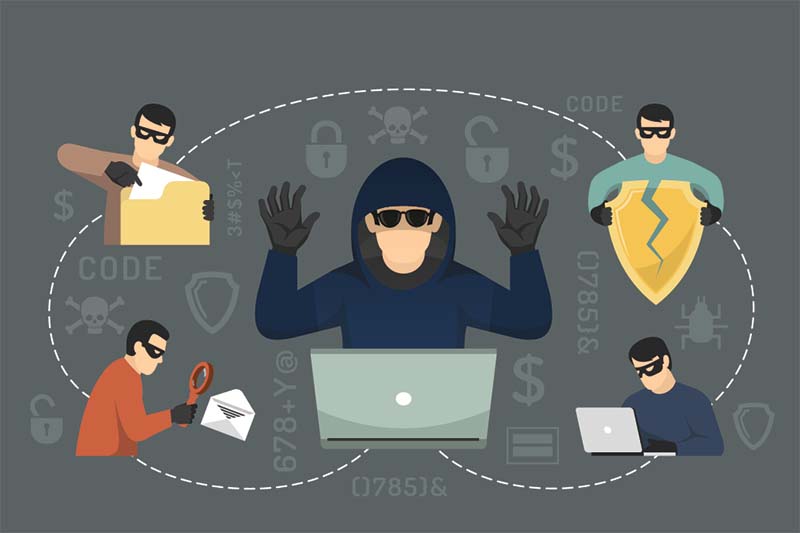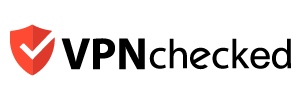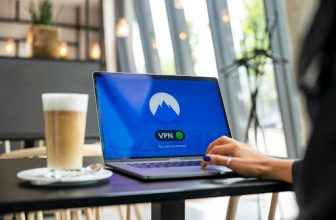Habits of Web Browsing that Make Users Leak Personal Information
Table of Contents
ToggleIn the era of technological development, the Internet has become an indispensable part of people’s lives. However, besides the convenience that the Internet brings, users also face potential risks, especially the risk of personal information leakage.
Habits of Web Browsing that Make Users Leak Personal Information
Here are some common browsing habits that can lead to personal information leakage:
Sharing personal information on social media: This is one of the most common habits that lead to personal information leakage. On social media, users often share a lot of their personal information, from name, address, phone number, to date of birth, marital status, hobbies, etc. These information can be exploited by bad guys to commit fraud, theft, or even identity theft.
Not using strong passwords: Passwords are the first line of defense for users against cyber attack risks. However, many users often use passwords that are too simple, easy to guess, or use the same password for multiple accounts. This makes it easier for bad guys to crack the password and gain access to the user’s account.
Not updating security software: Security software plays an important role in protecting users’ devices and data from threats from the Internet. However, many users often do not update security software regularly, making their devices more vulnerable to attack.
Not being careful when accessing unsafe websites: There are many unsafe websites on the Internet that can contain malware or spyware. When accessing these websites, users may be hacked or installed spyware to track their activities.
Using unsecured public Wi-Fi: Public Wi-Fi is often not secured, making users more vulnerable to hackers stealing personal information when accessing the Internet.

How to Protect Personal Information When Browsing the Web
To protect personal information when browsing the web, users should keep the following in mind:
- Do not share personal information on social media: Only share personal information with people you trust.
- Use strong passwords: Passwords must be at least 8 characters long and include letters, numbers, and special characters.
- Do not use the same password for multiple accounts: Each account should use a unique password.
- Update security software regularly: Update security software according to the manufacturer’s recommendations.
- Be careful when accessing unsafe websites: Only access trusted websites.
- Do not use unsecured public Wi-Fi: If you need to use public Wi-Fi, use VPN apps to protect your personal information.
In addition, users also need to raise awareness of protecting their personal information. Do not reveal personal information to strangers, do not respond to strange emails or messages requesting personal information, and regularly check the activities on your account for any signs of abnormality.






